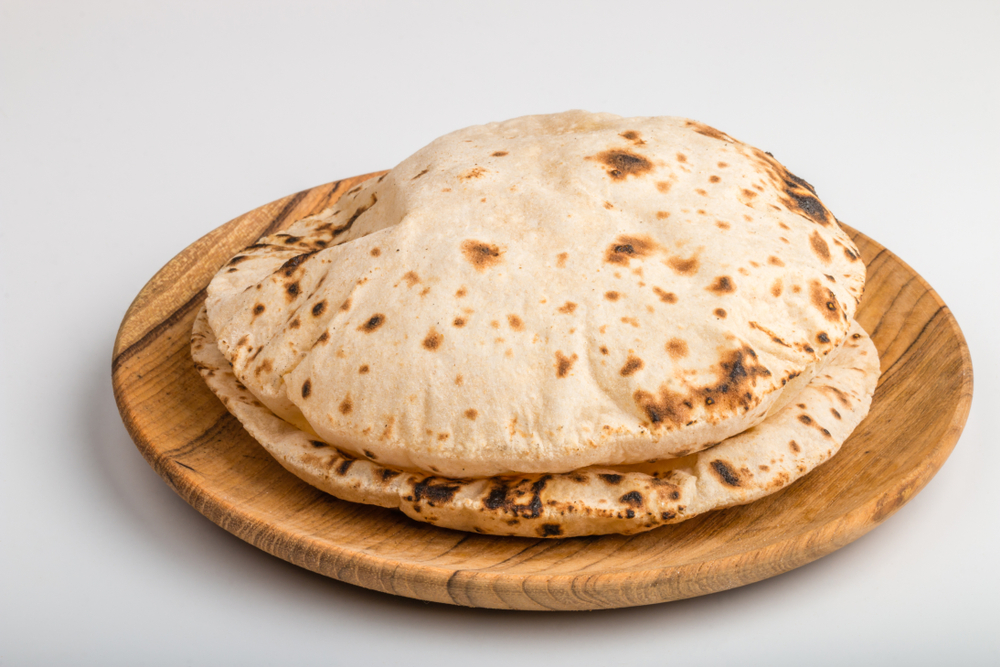A roti-machine that makes 1,000 pieces of the flat-bread every hour has ensured that the needy here do not go hungry during the COVID-19-induced lockdown, officials said.
Installed at a community kitchen in Bhangel village, the machine helps the facility, operated by the Noida Authority in Uttar Pradesh, produce 15,000 rotis in a day, they said.
The machine is operated in two shifts, once in the morning and then in the evening, and it churns out equal-sized, round and fluffy rotis, which are then served in meal packets meant for the needy, the officials said.
According to the officials, the machine, installed last week, is saving time in preparation and distribution of meal packets, amid rising demand for food from marginalised sections of society.
It is an automated process and the machine makes a lot more rotis than what would have been made manually, they said.
The nationwide lockdown restricts the movement of people to break the chain of transmission of COVID-19 and it was imposed by the government from March 25 to April 14 and then extended to May 3.
In Noida, thousands of migrant workers and daily wagers got stranded or were left jobless as factories and business establishments shut operations due to the lockdown.
They were left at the mercy of the government and private organisations for meals, ration and financial support.
The Noida Authority is operating five community kitchens and distributing around one lakh food packets daily (lunch and dinner included), General Manager Rajeev Tyagi said.
The community kitchens are in Harola, Mamoora, Bhangel, Sorkha and at Shani Mandir, and 18, 39,780 food packets have been distributed till April 23. Besides the authority, NGOs and city residents are also helping in the effort to feed the needy, Tyagi told PTI.
While a roti-making machine has been installed at the Bhangel kitchen, efforts are on to procure more such devices to keep pace with the rising demand for meals, Noida Authority's Officer on Special Duty (OSD) Avinash Tripathi said.
The machine at Bhangel is making 7,000 to 7,500 rotis in one shift and around 15,000 daily. There is uniformity in these rotis, they are fluffy, round in shape and equal in size. The process saves time and would not have been possible manually, Tripathi told PTI.
The OSD said the food packets distributed by the authority also include dal, rice, poori and a vegetable dish, mentioning that city residents are also pooling in resources to help those in need during the pandemic.
Sector 7X societies in the city, for example, have created a 'Roti Bank' and residents are voluntarily preparing two, four or six extra rotis at their homes which are then collected by the Noida Authority and taken for distribution, Tripathi said.
Uttar Pradesh's Gautam Budh Nagar district that includes Noida city has so far recorded 103 positive cases of the novel coronavirus. On the brighter side, 54 of the patients have recovered so far, leaving 49 active cases, according to official figures as on Friday afternoon.











